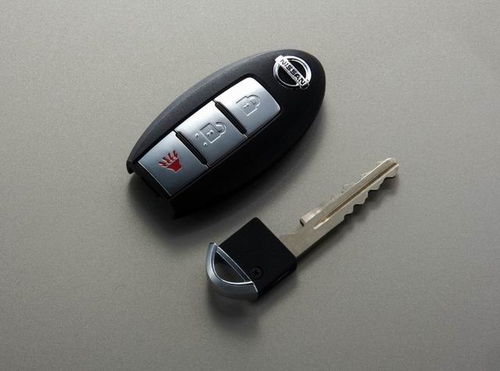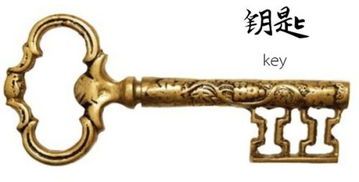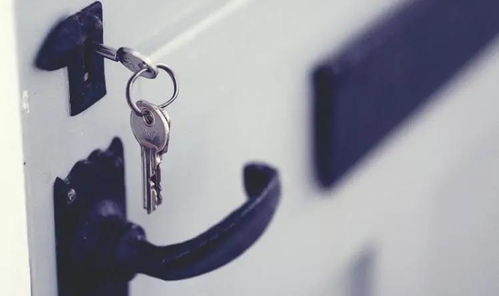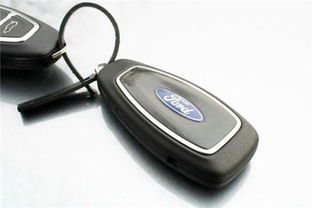Introduction to Keys: The Essential Tool for Security

Keys have been an integral part of human life for centuries, serving as a fundamental tool for security and access control. From ancient civilizations to modern societies, keys have evolved in design and material but remain a crucial element in our daily lives. In this article, we will explore the history, types, and importance of keys.
History of Keys

The origins of keys can be traced back to ancient Egypt, where they were made of wood and bone. Over time, advancements in metalworking led to the creation of metal keys. The Roman Empire further developed the concept of keys, with the use of keys becoming widespread across Europe. Today, keys are made from various materials, including metal, plastic, and even electronic components.
Types of Keys

There are numerous types of keys, each designed for specific purposes. Here are some common types:
Flat Keys: These are the most common type of keys, used for locking and unlocking doors and cabinets.
Comb Keys: These keys have a series of teeth that fit into a specific lock, making them ideal for high-security applications.
Master Keys: These keys can unlock multiple locks, providing access to multiple areas or rooms.
Transponder Keys: These keys use electronic chips to communicate with the lock, offering enhanced security.
Smart Keys: These keys are part of a smart lock system, allowing users to unlock doors using a smartphone or other electronic devices.
Importance of Keys

Keys play a vital role in ensuring the security of our homes, businesses, and personal belongings. Here are some reasons why keys are important:
Access Control: Keys provide controlled access to restricted areas, preventing unauthorized individuals from entering.
Security: A well-designed key system can deter theft and protect valuable assets.
Convenience: Keys make it easy to access doors and cabinets without the need for physical force.
Peace of Mind: Knowing that your property is secure can provide peace of mind and reduce stress.
Key Care and Maintenance

Proper care and maintenance of keys are essential to ensure their longevity and functionality. Here are some tips for taking care of your keys:
Keep Keys Clean: Regularly clean your keys to remove dirt and debris that can affect their performance.
Avoid Excessive Force: Using excessive force when inserting or removing keys can damage locks and keys.
Use Key Covers: Key covers can protect your keys from scratches and corrosion.
Keep Keys in a Safe Place: Store your keys in a secure location to prevent loss or theft.
Conclusion

Keys have come a long way since their inception in ancient civilizations. Today, they remain an essential tool for security and access control. By understanding the history, types, and importance of keys, as well as how to care for them, we can ensure that they continue to serve us well in the years to come.
Tags

Keywords: keys, history, types, importance, security, access control, maintenance, key care